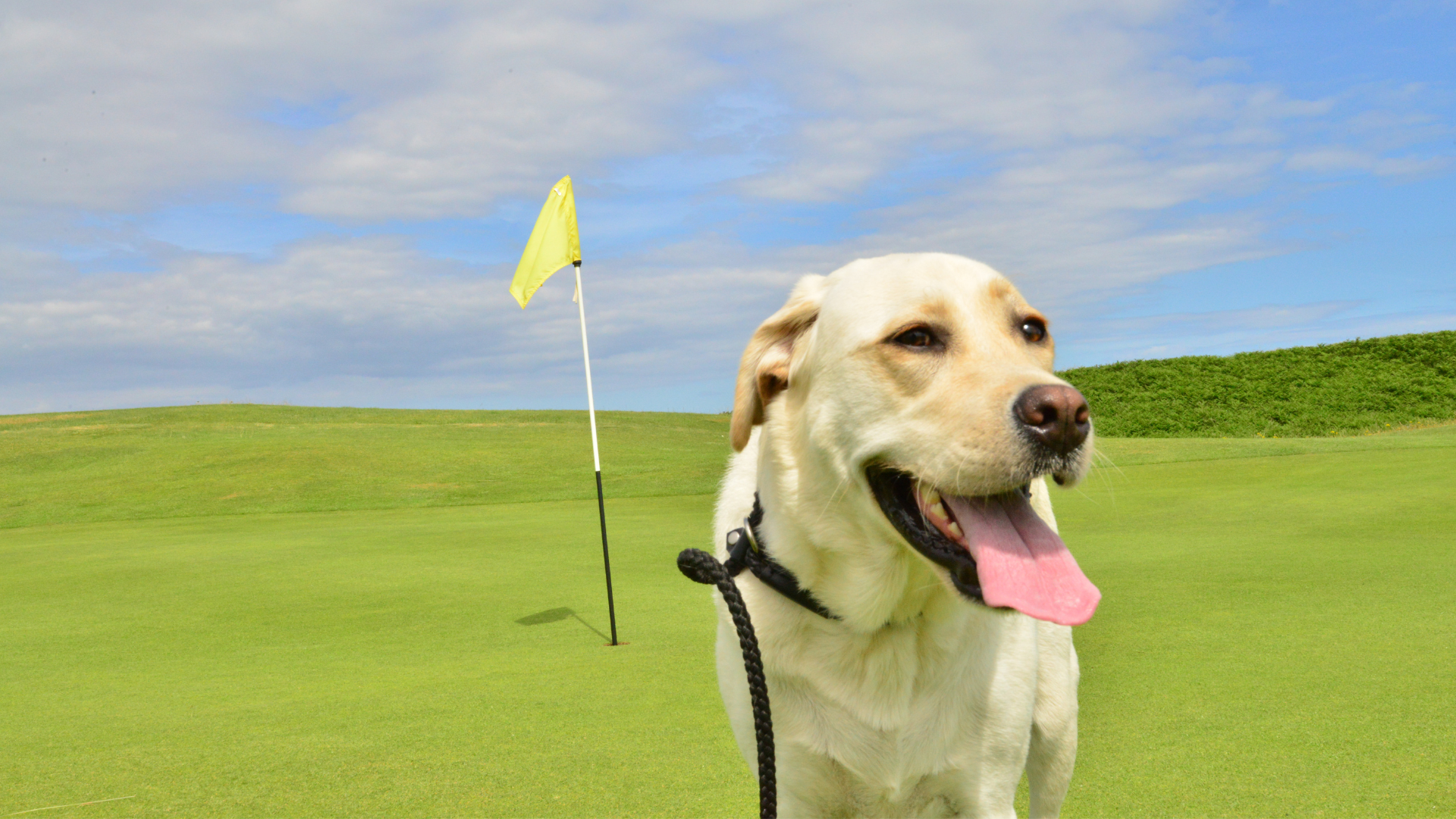
It can be very stressful and challenging to walk a reactive dog. Unless you live in the rural countryside, you're probably going to come across some of their triggers, whether it's people, cars, sounds, or other dogs. This combination can feel like a recipe for disaster, leaving you on edge the whole time, and your dog lashing out constantly. You might even avoid taking them out as much.
Reactivity in dogs is an emotional response to something they feel scared or frustrated about. To move forward and help your dog heal, you need to change the way they feel about their triggers and teach them new coping mechanisms. Once you've checked that there's not an underlying health issue that's contributing to this behavior, you might want to work alongside a qualified trainer.
If your dog is constantly exposed to their triggers, it might have a negative impact on their mental health and could even lead to physical issues like chronic stress. Exposures need to be done in controlled therapy sessions where they can build positive associations with their fears.
If you're struggling to find a trigger-free walking route, we've found seven unconventional spots that you've probably not considered before. Nowhere is 100% trigger-free, but you're less likely to come across lots of people and animals here. Renee Rhoades, an expert dog trainer, shared these on her Instagram and we think there are some great ideas. So, clip on the best dog leash and try them out!
1. Empty parking lots
Empty parking lots are very quiet during the morning and evenings, and you're unlikely to find other dogs here.
2. University campuses
If your dog is fine with people, you could try walking them around a university campus. Renee advises doing this during student holidays or summer breaks when there are fewer people around, but you should double-check if the campus has open access first. There are usually lots of benches where you can sit and relax.
3. Golf courses
You'll need to get permission first, but golf courses can be a great place to walk your dog. Again, you'll want to go in the early morning or the evening when it's quiet, but you're probably not going to come across another dog here. Before you go, it's worth checking their opening hours and if they have any special events on that day.
Note: Sometimes golf courses use chemicals on the ground, so ensure you wash your dog's paws when they get home and never let them drink from water on the ground.

4. Nature reserves
Renee says: "Explore lesser-known trails within nature reserves where other dog walkers are unlikely to go. You can use Google Maps to check out a space before you go."
5. Outdoor amphitheaters
You could take your dog to an outdoor amphitheater during the off-season - they're large, quiet, and interesting to explore (for both of you!)
6. Urban rooftop parks
Renee says: "Some buildings have rooftop parks or gardens that are less frequented by dog walkers and residents. On weekdays, they are less likely to be used than on weekends."
7. Plant nurseries
You'll need to check if dogs are allowed first, but plant nurseries can be a calming place to walk your dog and are usually quiet on weekdays. Make sure you avoid the 12 spring plants that are toxic to dogs though!
Enjoyed this? You might also want to read: 12 tips to help keep dog walks fun and how to calm a reactive dog.







